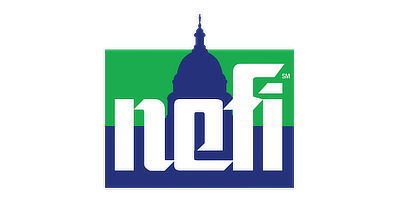Opposition by the U.S. Government has led the International Maritime Organization to delay for one year a vote to impose a carbon tax on global shipping emissions. The tax was aimed at forcing shipping to cease using fossil fuels.
Prior to the scheduled vote, a joint statement by the U.S. Secretaries of State, Energy and Transportation, stated the U.S. Government's strong opposition to a carbon tax expected to be imposed by the International Maritime Organization on global shipping.
In the statement, entitled "Taking Action to Defend America from the UN's First Global Carbon Tax – the International Maritime Organization's (IMO) "Net-Zero Framework," the U.S. leveled specific threats against any countries that vote to adopt the proscriptive mandates of the Net Zero Framework at last week's meeting of the IMO Maritime Environment Protection Committee Session.
The joint statement asserted, "The Administration unequivocally rejects this proposal before the IMO and will not tolerate any action that increases costs for our citizens, energy providers, shipping companies and their customers, or tourists. The economic impacts from this measure could be disastrous, with some estimates forecasting global shipping costs increasing as much as 10% or more."
The U.S. said the NZF proposal "poses significant risks to the global economy and subjects not just Americans, but all IMO member states to an unsanctioned global tax regime that levies punitive and regressive financial penalties, which could be avoided." The United States was considering the following actions against nations that support this global carbon tax:
-
Pursuing investigations and considering potential regulations to combat anti-competitive practices from certain flagged countries and potential blocking vessels registered in those countries from U.S. ports;
-
Imposing visa restrictions including an increase in fees and processing, mandatory re-interview requirements, and/or revisions of quotas for C-1/D maritime crew member visas;
-
Imposing commercial penalties stemming from U.S. government contracts including new commercial ships, liquified natural gas terminals and infrastructure, and/or other financial penalties on ships flagged under nations in favor of the NZF;
-
Imposing additional port fees on ships owned, operated, or flagged by countries supporting the framework; and
Evaluating sanctions on officials sponsoring activist-driven climate policies that would burden American consumers, among other measures under consideration.

 Admin - 06:00 pm -
October 21st, 2025
Admin - 06:00 pm -
October 21st, 2025 







